(QBĐT) - In the past 15 years, Quang Binh Literature has had 9 epic poems published: "Epic about General Giap" and "Emperor Quang Trung" by Hoang Binh Trong; "Dong Hoi - Legendary Song", "I Search for Me", "Flowers of Sunshine at the End of the Forest" by Thai Hai; "Echoes of Cu Nam" by Tran Hai Sam; "Nguyen Du" by Ly Hoai Xuan; "Song Linh Giang", "Song under the River" by Canh Giang.
Most of the works focus on the theme of revolutionary war and historical figures. Like other literary genres, Quang Binh epic is moving and progressing towards comprehensive innovation. Epics no longer have a purely heroic tone. Poets have paid attention to exploiting the individual to speak of the general, have looked behind, looked into the ultimate truth to bring out the ideological content value of the work, and have paid attention to the human condition in the national condition.
It is possible to connect the epic poems into a historical story of Quang Binh homeland. In it, there are images of Uncle Ho's soldiers marching through two resistance wars against foreign invaders, of national guardsmen to liberation soldiers, of soldiers leaving from villages to soldiers walking straight from the lecture hall to the front line, each soldier in brown shirts and bare feet to the dense formation.
The late writer Hoang Binh Trong wrote about General Vo Nguyen Giap and the first 34 soldiers of the Vietnam People's Army: " Machetes, rifles, brown shirts, bare feet", "Thirty-four soldiers raised their voices and sang: "The Vietnamese army marches"... Thirty-four arms raised to salute the national flag/Thirty-four pairs of eyes looked straight at comrade Giap/"Decree to establish the Vietnam Propaganda Liberation Army"/...And the sacred souls of the mountains and rivers spread "ten oaths of honor"/One swears: For the Fatherland, we are determined to fight to the last drop of blood!/Two swears: Not for fame or fortune go against the interests of the people!/Three swears: The more difficulties and dangers, the more steadfast and determined we are!"...
Standing in the ranks under the General’s skillful and resourceful command, they bravely marched under the military flag, grew up with blankets of rice, bowls of soup made from leaves of the plane tree, cooked taro roots, and grew up from many battles in groups of three, capturing and killing the enemy. “There were people who followed him from the time of the battle against Phay Khat and Na Ngan forts/During the Hoang Hoa Tham campaign, when the siege of Hoa Binh town was tightened/There were also people who followed him on the day of the liberation of Lai Chau, Co Noi, Hat Lot…/After many days and nights of intense marching/All of them have returned here with him to review the oath “Loyal to the country, filial to the people”/ “And today we return to the Capital with Uncle Ho and General Giap/In a dense army, with red flags on the roofs of tanks and cannons…”.
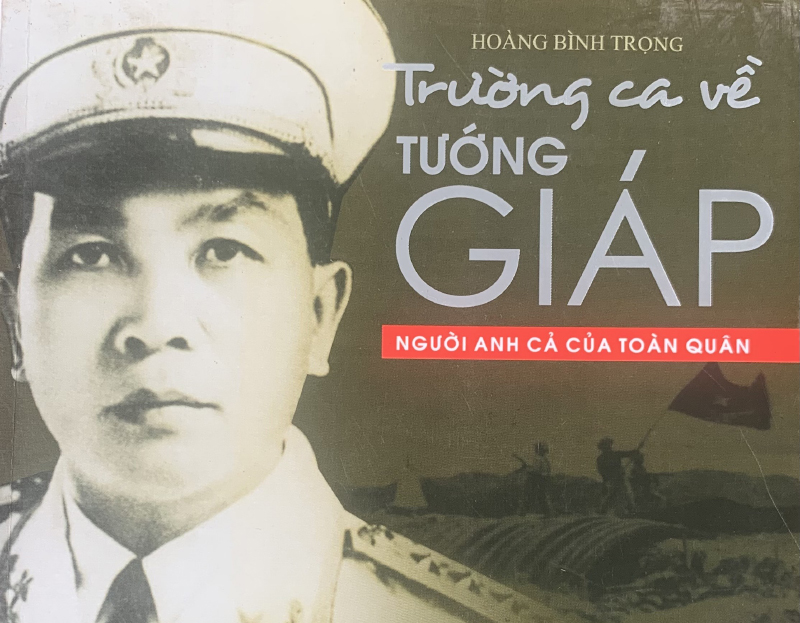 |
In the epic poem "Am vang Cu Nam", author Tran Hai Sam again depicts the image of a national guard soldier. Those soldiers appear simple, ordinary, with love and respect for the army and people: "The national guards/You return to the village with laughter and singing...", with very real, very real worries: "The national guards each have a different hometown/At the age of eighteen or twenty/Have never touched a girl's hand/There are times when we think wisely, think foolishly/If we die without a kiss/Still young men, it's also sad", but when entering the battle, facing the enemy "wherever there is an enemy, there is a national guard" , they are determined to fight, determined to win " On the days when the enemy sweeps/That is terrible news/Tomorrow, we and the enemy/Determined not to live under the same sky/Hands tightly gripping the iron bars/Holding the gun butts firmly...", "Let's fight until the enemy turns into smoke, into clouds/Fight until they will never stop being afraid...", for the peace of the homeland "The two words peace/Like the earth, like water, like the air, like grass, like trees/But to have/Blood overflowing through tears/Life rolls through a thousand deaths/Two words of resurrection/Are the heart's command…”.
Each epic poem reflects a historical period of the country, in a specific countryside of Quang Binh. If Tran Hai Sam mentioned Cu Nam - a fighting village in the resistance war against the French, a front village - a one-night village in the resistance war against the Americans, then poet Thai Hai talked about his hometown Dong Hoi city in the epic poem "Dong Hoi - Legendary Song" with young men of the city with poetic, gallant, elegant souls going to war: "When I put on my backpack/The guava tree in front of the house had already borne fruit/The trumpet bud swayed in the wind/The purple mimosa flower in the afternoon of the country...". At the age of seventeen, they entered the formation "... The army swayed in the shadow of the mountains/The young man's strength was cheerful in the thousand-year wind/The old forest was drizzling with drizzle/Truong Son hung hammocks in spring/Comrades marched, forgetting Tet/The green dong leaves drifted on the path/The banana flowers bloomed with fiery color/The forest birds woke up and sang...".
The soldier in Thai Hai's epic poem is portrayed in all circumstances and all dimensions of mood. There is youthful exuberance, there is romantic love of life, there is comradeship sharing hardships and difficulties "Compatriots on the battlefield reunited/Raw food and spring water shared equally/Guitar strings blaring out love songs/Friends gathered to sing together/To ease homesickness...", there are also sacrifices and losses "Hurriedly setting off/Fighting with the enemy/Not having time to write names on compatriots' graves/Addresses hidden in the soldier's heart/Gunfire never stops/After a series of bombs, there are those who no longer have eyes to caress/Far away streams, near tears, falling on comrades' lips/The forest wind that night wandered..." .
The pain is named precisely but not tragically but deeply imbued with the heroic and serene beauty of a warrior emerging from the battlefield: “Shaking off the dust of the battlefield, still worn out from the battle/On the way back home, marching in reverse/The young soldier of the past is still young/Doll eyes blinking on the backpack lid…”.
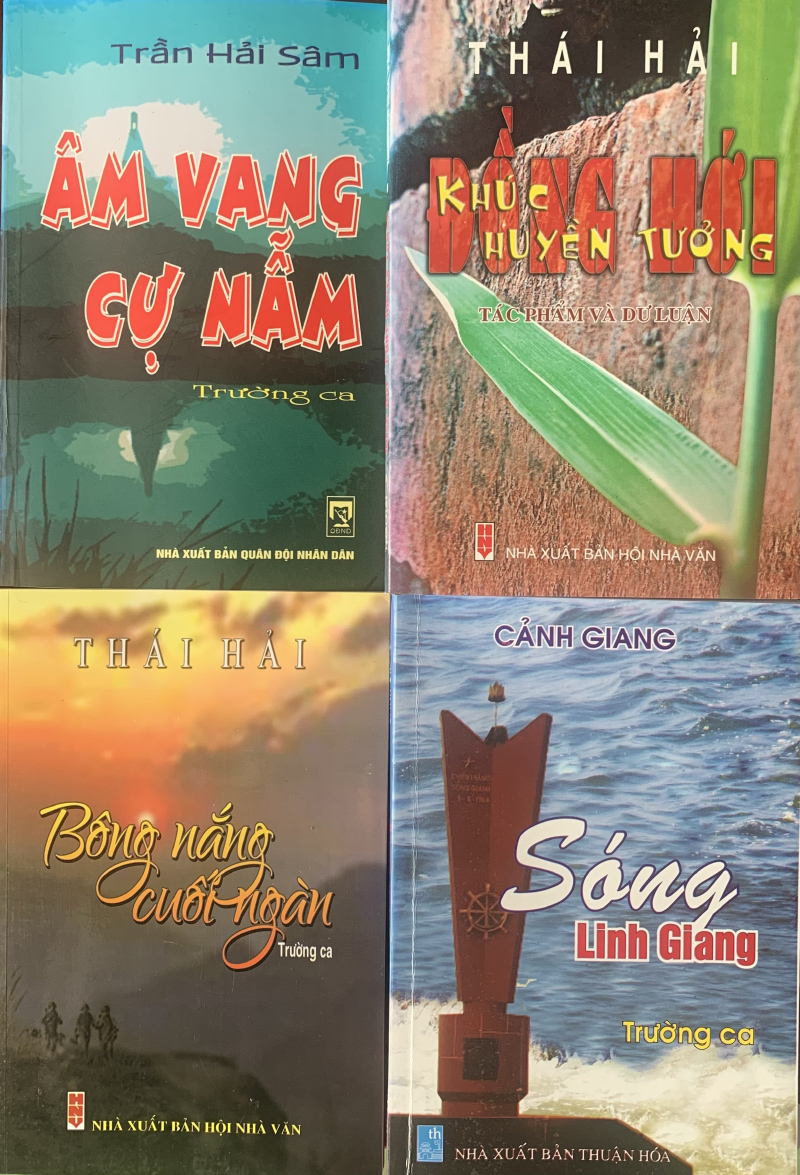 |
A special thing is that all the authors who wrote epic poems about history and revolutionary war in Quang Binh were veterans who participated in the resistance war against the US to save the country. Therefore, the image of the soldier in each page of poetry is realistic and strangely vivid. Tran Hai Sam wrote about soldiers fighting in the midlands and mountainous areas. Thai Hai told the story of soldiers marching on the Truong Son mountain range.
Canh Giang recreates the battle between the Vietnam People's Navy and the US Air Force. In 2015, author Canh Giang wrote the epic poem "Song Linh Giang", recording the fight to protect the homeland of the people in the Gianh River Delta: "Generations/Passing down/guns/Previous generation/later generation/passing down/heroic spirit/Determined to resist/to keep every inch of our ancestors' land/Rather sacrifice/to save the country and save the home".
In 2023, he continued to publish the epic poem "Song from the River", vividly reflecting the heroic battle of the soldiers of the Vietnam People's Navy on the historic Gianh River "The history of the Vietnam People's Navy/Still recorded forever/The opening battle/The clash of escalation/The biggest battle/Fierce and difficult/Using great justice to defeat the brutal imperialists/Shining with medals/For the most typical ships/161-126-173/With hundreds of medals of war/Like the fragrant scent of flowers/On the Monument/Victory on the Gianh River/Mother's heart-river's heart/Cherished forever...".
This is one of the few epic poems in the country that focuses on comprehensively reflecting the image of naval soldiers in combat. They appear both close and gentle, yet possessing the immense beauty of a courageous spirit: “The Navy soldiers in white shirts like silver-capped waves/Treading on the enemy’s heads, charging forward/Like the clouds in the sky/The brocade of the mountains and rivers/Like the blue sea/Taking the ship/Out to sea/Into the open sea/Keeping the peace of the Fatherland/Amidst the roaring waves and rough seas/Any enemy that comes here/Will sink to the bottom of the deep sea/The red flag flutters/The majestic ships…”.
The heroic sacrifice of the naval soldiers in the fight against American planes on Gianh River to protect their homeland and country has become immortal: "37 flowers/Heroic martyrs/Along with 5 ships/Have become immortal/60 years have passed/Shining in history/Navy tradition/Heroic army...".
The epic poem by the authors of Quang Binh contributes to recreating the 80-year journey of building, growing, fighting and winning of the Vietnam People's Army by depicting the image of soldiers in two resistance wars against foreign invaders to protect the homeland - Soldiers, despite their different hometowns and backgrounds... but they share a passionate love for their homeland, the same oath of a soldier "loyal to the country, filial to the people, overcoming any difficulty, defeating any enemy". Those soldiers have made the history of the heroic Vietnam People's Army!
Truong Thu Hien
Source: https://www.baoquangbinh.vn/van-hoa/202412/nhung-ban-truong-ca-theo-buoc-chan-nguoi-linh-2223075/










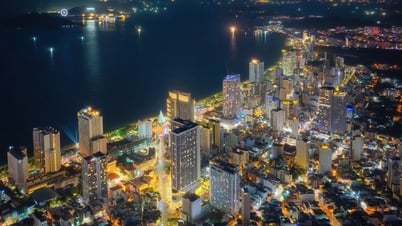

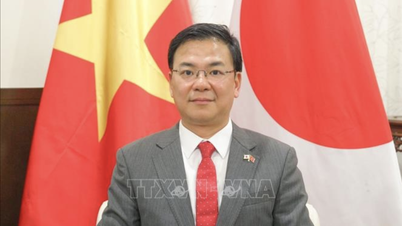

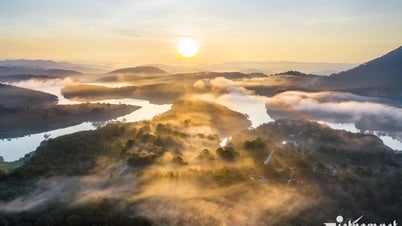



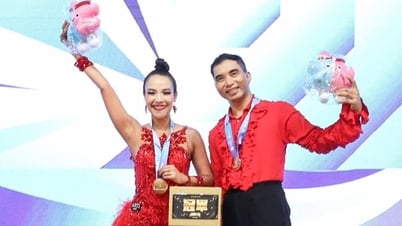

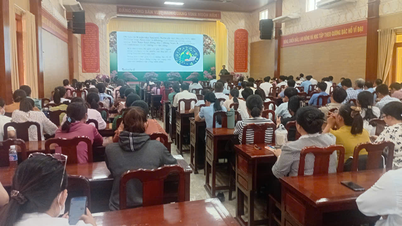
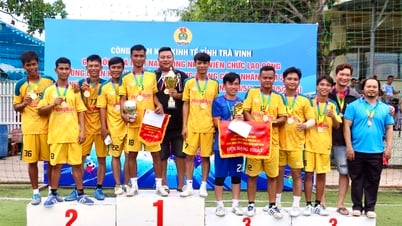
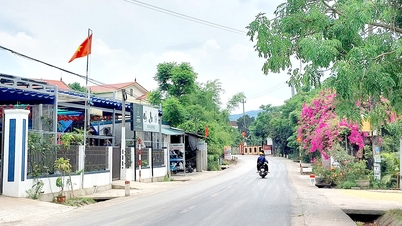


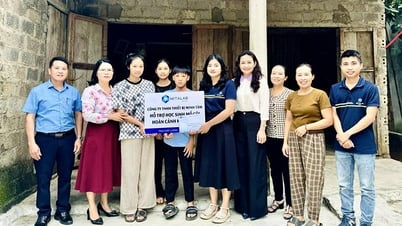
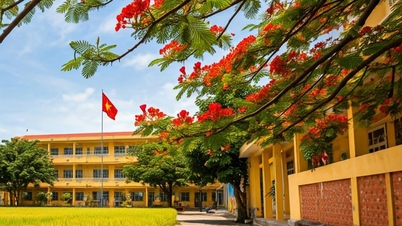





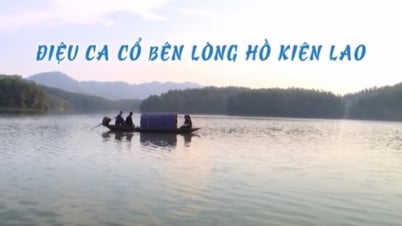

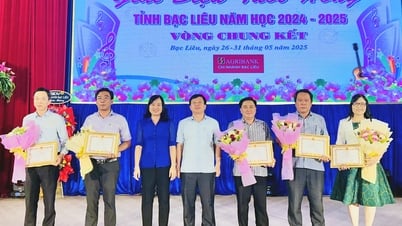















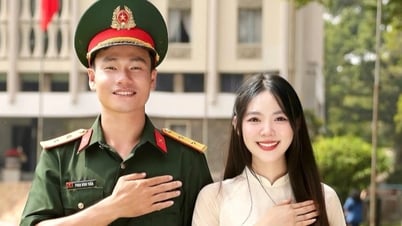






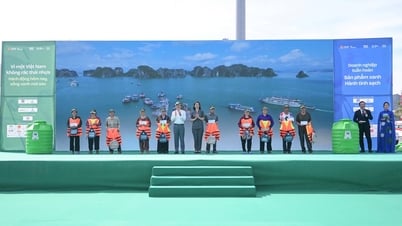









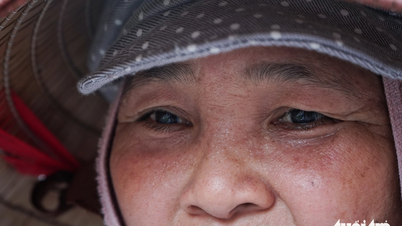
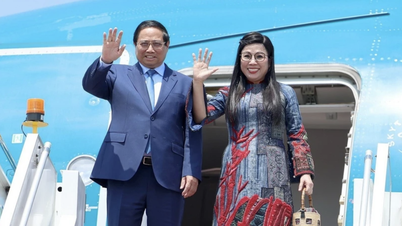
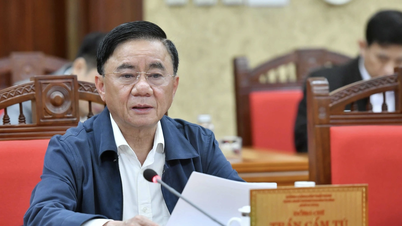
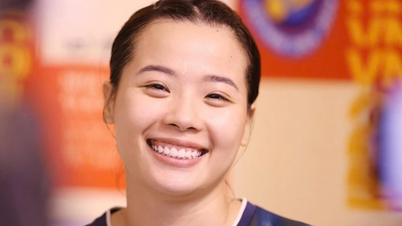
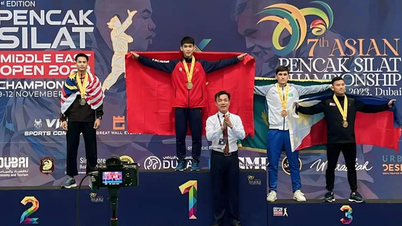

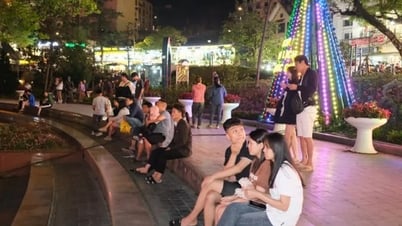
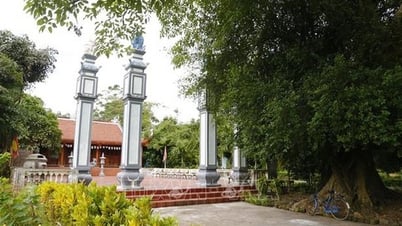

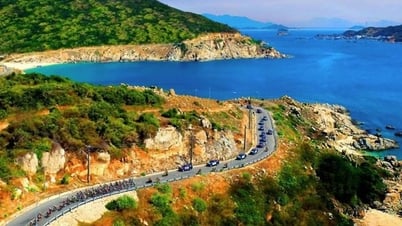
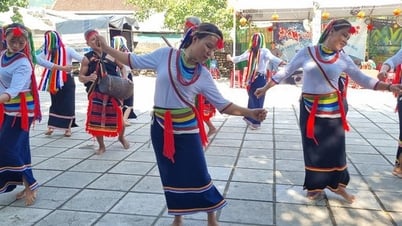
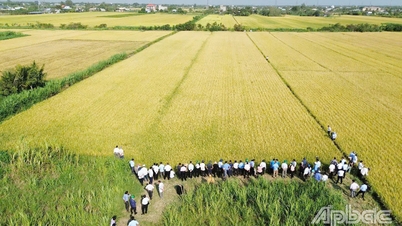

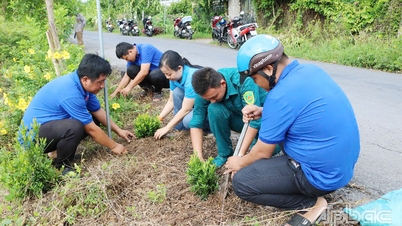
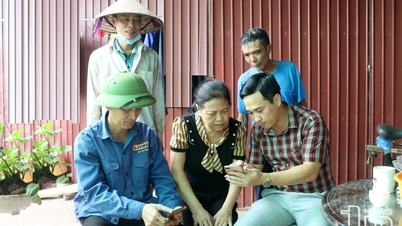

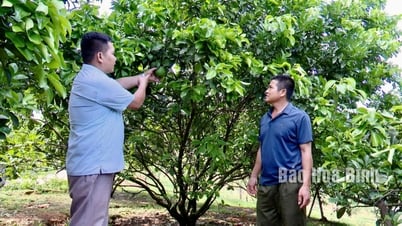

















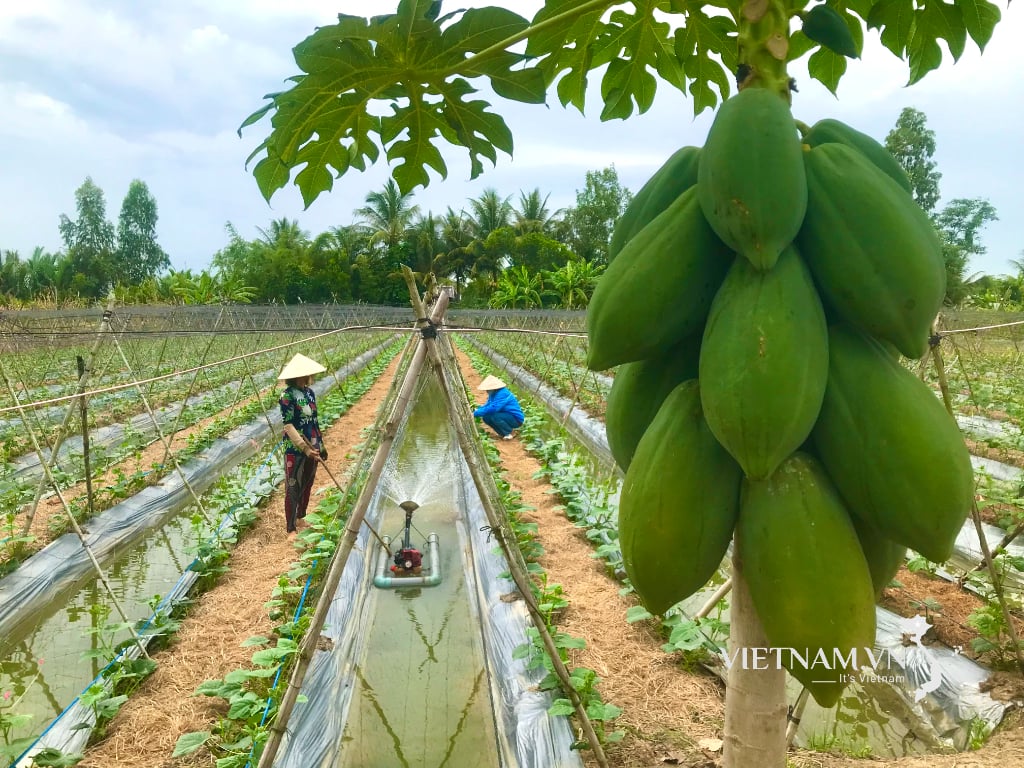
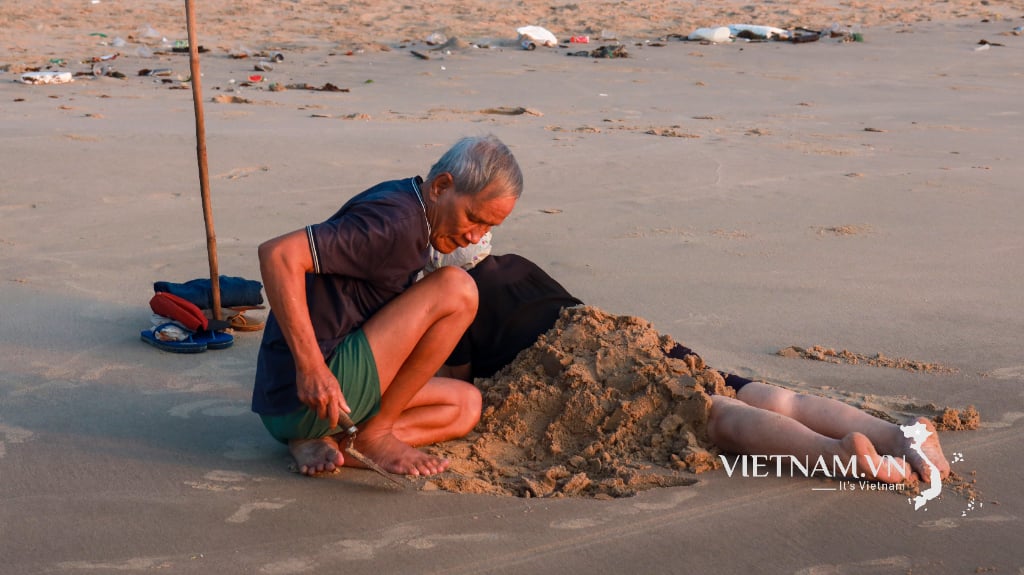
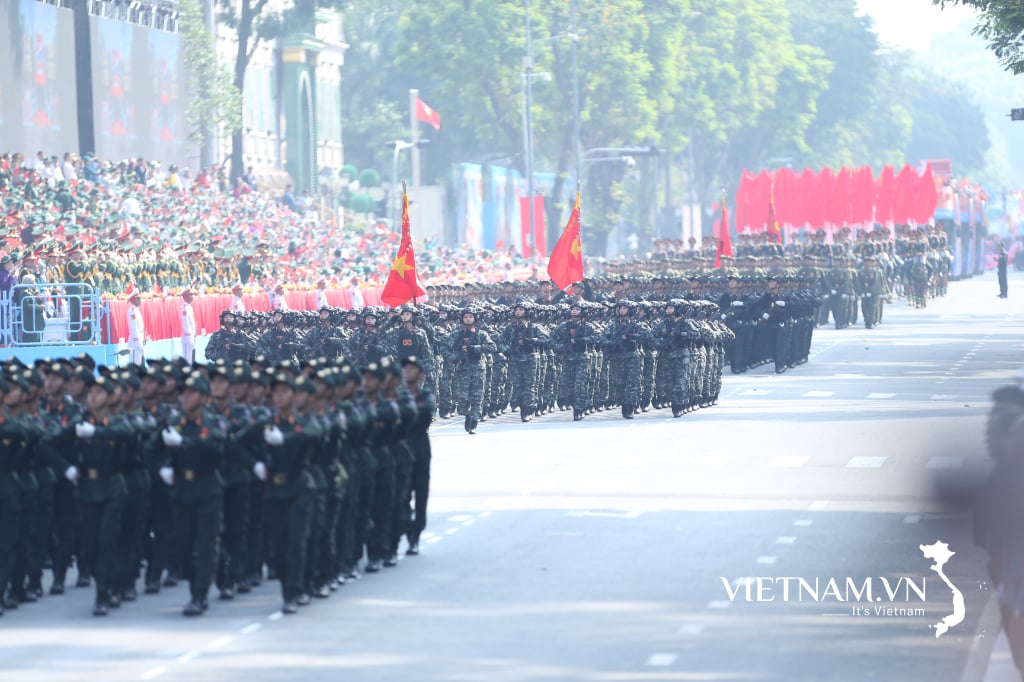
Comment (0)